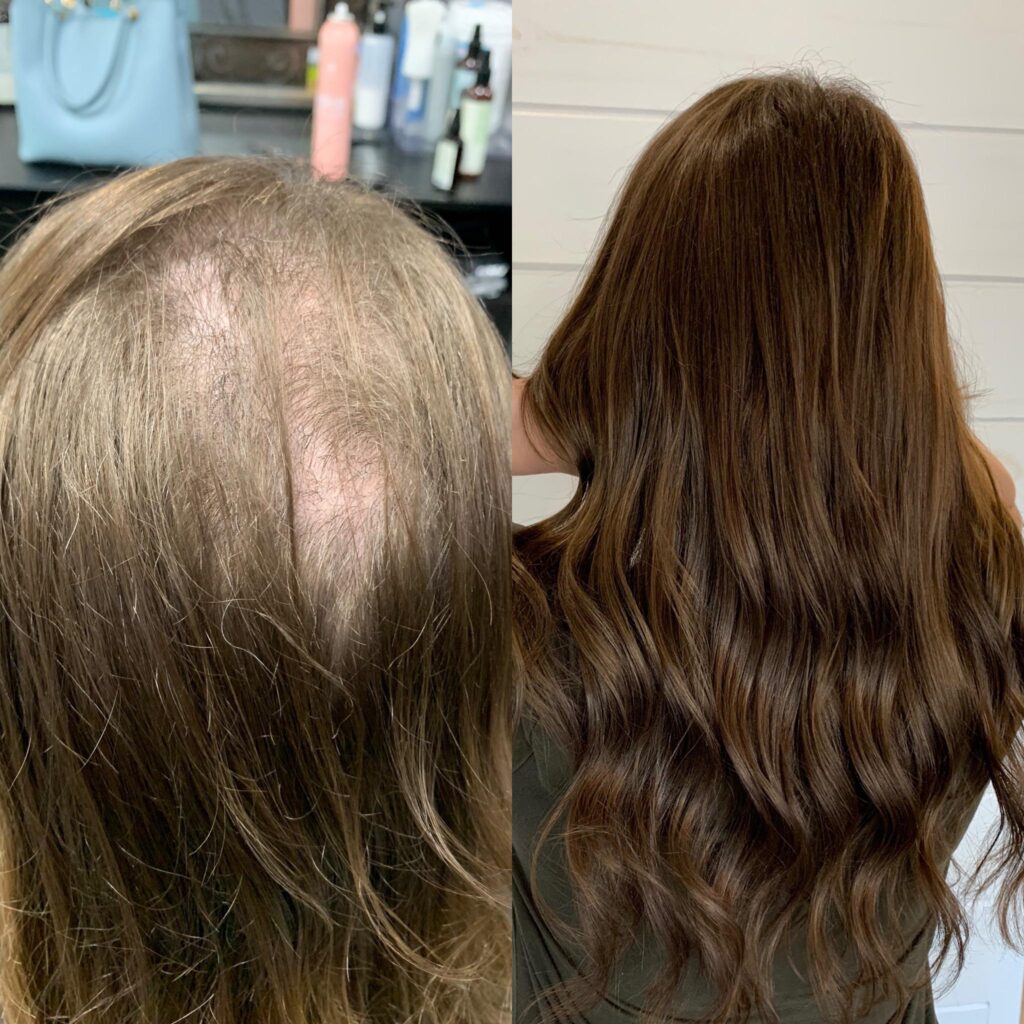
Introduction
Trichotillomania, often referred to as hair-pulling disorder, is a mental health condition that affects many individuals worldwide. Recognized as a form of obsessive-compulsive disorder (OCD), it drives individuals to compulsively pull out their hair, leading to noticeable hair loss and emotional distress. As awareness of mental health issues increases, understanding trichotillomania is crucial for fostering empathy and supporting those affected by this condition.
Understanding Trichotillomania
According to recent statistics from the Trichotillomania Learning Center (TLC), approximately 1-2% of the population, primarily women, experience trichotillomania at some point in their lives. Symptoms typically manifest in childhood or early adolescence, often during periods of stress or anxiety.
Causes and Triggers
The exact cause of trichotillomania remains undetermined; however, researchers suggest that it may stem from a combination of genetic, environmental, and psychological factors. Stressful life events, trauma, and underlying psychological disorders such as anxiety and depression can act as triggers, exacerbating the compulsion to pull hair. Additionally, genetic predisposition can play a role, as individuals with family histories of OCD or related disorders may be at a higher risk.
Management and Treatments
Effective management of trichotillomania involves a variety of therapeutic approaches. Cognitive-behavioral therapy (CBT) has proven effective, particularly a specialized form known as Habit Reversal Training, which helps individuals identify and alter the behaviors associated with hair-pulling. In some cases, medication such as selective serotonin reuptake inhibitors (SSRIs) may be prescribed to alleviate symptoms of depression or anxiety. Support groups and educational resources also play an important role in providing community support and coping strategies for those affected.
Conclusion
Understanding trichotillomania is vital for addressing the stigmas surrounding it and fostering an environment where individuals can seek help without fear of judgment. Awareness campaigns aim to educate the public about this condition, encouraging early intervention and treatment. With continued research and support, individuals living with trichotillomania can find effective management strategies, leading to improved mental health and overall well-being. As awareness grows, it is hoped that individuals can embrace healthier coping mechanisms, leading to a more supportive dialogue around mental health issues.



